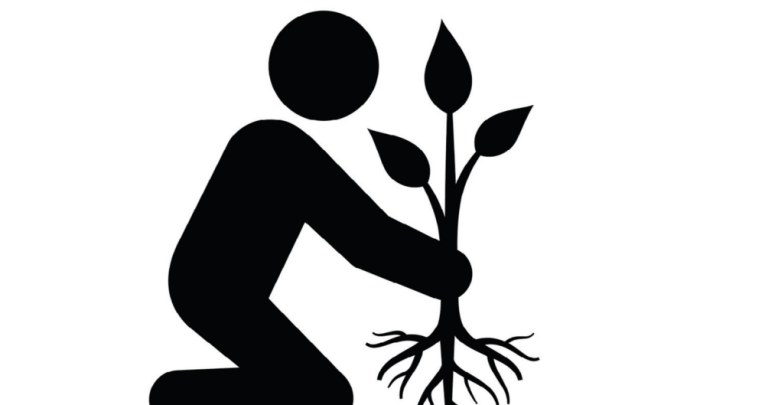5 vocabulary ideas to improve students’ language use

Support your students towards better language use, with the help of our resident word-wizard, Alex Quigley…

- by Teachwire
- Classroom expertise and free resources for teachers

By using such language, a pupil appears circumspect whilst also displaying some authoritative grasp of the topic at hand.
3 | One for history students
Propaganda
- Derives from: ‘propogation’ (propagare – Latin)
- Means: ‘things to be shared/spread’
- Related concepts: ‘bias’; ‘sourcing’
- NB: used positively for centuries, including for the sharing of religious faith. Now refers to spreading false information for political purposes.
4 | I don’t think it means what you think it means
Culture- In English, art, RE and history = the characteristics of a particular group of people – their language, art, food etc.
- In biology = the controlled growth of cells outside of their natural environment.
5 | One word at a time
The word ‘aesthetic’ comes from the Greek – ‘aisthetikos’ – meaning ‘perceived by the senses’ (‘ae’ is a very Greek pattern).
Over time, the word has come to focus in on the visual appearance, whilst it can relate to an artistic movement, so a ‘Pre-Raphaelite aesthetic’, can mean the typical visual appearance of this artistic movement.
In philosophy, it describes the study of art and taste. For our pupils, it can pop up across the curriculum, relating to beauty and describing art, poetry, and even ways of thinking.
Do they know?
Young children who are read to with one book a day are exposed to 296,660 words; for those who hear multiple books daily this can rise to 1.5 million.
Alex Quigley is the author of Closing the Vocabulary Gap. He also works for the Education Endowment Foundations as National Content Manager, supporting teachers to engage with research evidence.
1 | Try this today: Spelling roots
A successful approach to spelling across the curriculum is to focus upon patterns, thus making explicit the compelling stories (roots) that underpin our diverse English spelling system.
We can select a few subject specific words, foregrounding their story.
For example, for biology, lots of spelling patterns stick to their Greek and Latin roots, such as cephal – relating to the head, or cerebr- relating to the brain; chrom relating to colour, as well as chrono- relating to time.
2 | Cracking the academic code
One feature of academic writing is that it usually strives for balance and due tentativeness.
A common strategy is to use words and phrases that explicitly reveal a tentativeness.
Words like ‘somewhat’ and ‘usually’ can accompany phrases such as ‘one potential interpretation’ and ‘it is plausible that’ – offering possibility rather than certainty.
By using such language, a pupil appears circumspect whilst also displaying some authoritative grasp of the topic at hand.
3 | One for history students
Propaganda
- Derives from: ‘propogation’ (propagare – Latin)
- Means: ‘things to be shared/spread’
- Related concepts: ‘bias’; ‘sourcing’
- NB: used positively for centuries, including for the sharing of religious faith. Now refers to spreading false information for political purposes.
4 | I don’t think it means what you think it means
Culture- In English, art, RE and history = the characteristics of a particular group of people – their language, art, food etc.
- In biology = the controlled growth of cells outside of their natural environment.
5 | One word at a time
The word ‘aesthetic’ comes from the Greek – ‘aisthetikos’ – meaning ‘perceived by the senses’ (‘ae’ is a very Greek pattern).
Over time, the word has come to focus in on the visual appearance, whilst it can relate to an artistic movement, so a ‘Pre-Raphaelite aesthetic’, can mean the typical visual appearance of this artistic movement.
In philosophy, it describes the study of art and taste. For our pupils, it can pop up across the curriculum, relating to beauty and describing art, poetry, and even ways of thinking.
Do they know?
Young children who are read to with one book a day are exposed to 296,660 words; for those who hear multiple books daily this can rise to 1.5 million.
Alex Quigley is the author of Closing the Vocabulary Gap. He also works for the Education Endowment Foundations as National Content Manager, supporting teachers to engage with research evidence.










